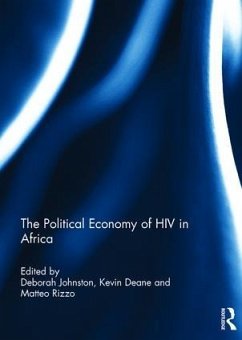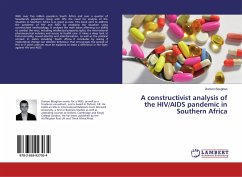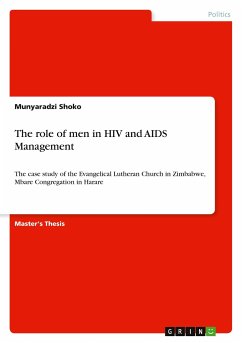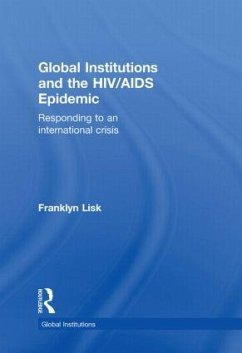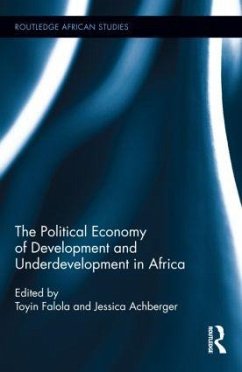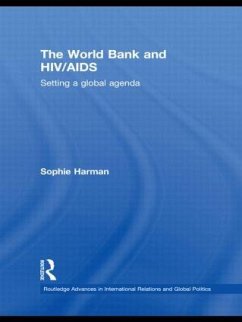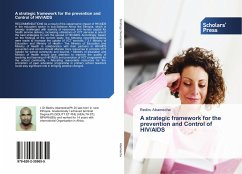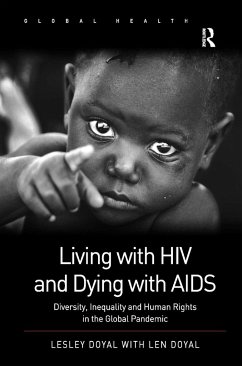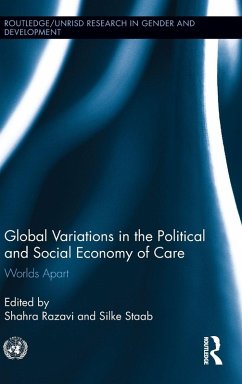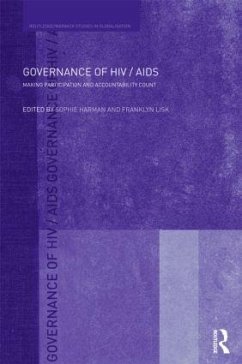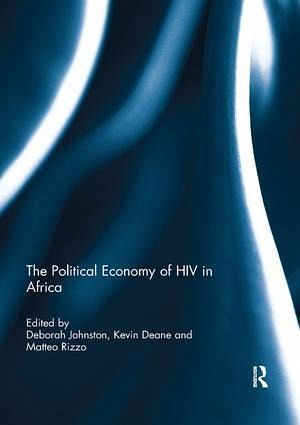
The Political Economy of HIV in Africa
The Political Economy of HIV in Africa
Herausgeber: Johnston, Deborah; Rizzo, Matteo; Deane, Kevin
Versandkostenfrei!
Versandfertig in 1-2 Wochen
51,99 €
inkl. MwSt.
Weitere Ausgaben:

PAYBACK Punkte
26 °P sammeln!
Biomedical revolutions seem to have radically altered the environment for HIV transmission: anti-retrovirals (ARVs) and drugs to reduce mother-to-child transmission promise to cut HIV transmission rates, as does male medical circumcision. However, the hopeful messages of UNAIDS are tempered with warning about expenditure shortfalls and calls for funding. Contributions to this book remind us that, along with the external financial constraints, there have been new fractures in state power and in the organisation of health systems. More than this, the book fundamentally calls into question whethe...
Biomedical revolutions seem to have radically altered the environment for HIV transmission: anti-retrovirals (ARVs) and drugs to reduce mother-to-child transmission promise to cut HIV transmission rates, as does male medical circumcision. However, the hopeful messages of UNAIDS are tempered with warning about expenditure shortfalls and calls for funding. Contributions to this book remind us that, along with the external financial constraints, there have been new fractures in state power and in the organisation of health systems. More than this, the book fundamentally calls into question whether biomedical interventions can change the social roots of this disease. As well as considering new policy approaches, the book reasserts a long-standing political economy approach to HIV and to adapt it to reflect new competing theoretical approaches. The chapters attempt to connect the debates about HIV/AIDS to larger discussions about globalisation, class differentiation, inequity and uneven development in African countries. This book was originally published as a special issue of Review of African Political Economy.





